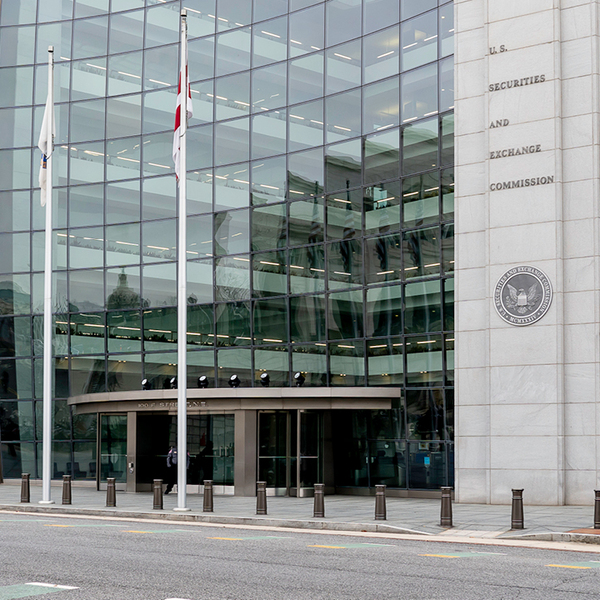What keeps you up at night gets us up in the morning
The asset management and banking industries move fast. Your long-term success depends not just on keeping up, but on proactively assessing how market dynamics will impact your investments and your clients.
Our market and distribution intelligence team is available to you on an ongoing basis to provide you with tailored insights on regulatory change, market shifts, and investor trends to help guide your current and future business strategies. We actively engage in key industry forums with global stakeholders allowing us to give you the most up-to-date and informed perspective on potential impacts to your business.
As partners in your success, you can rely on continuous regulatory and distribution intelligence, relevant to your specific business objectives, to help inform your decision making.
Brown Brothers Harriman & Co. (“BBH”) may be used to reference the company as a whole and/or its various subsidiaries generally. This material and any products or services may be issued or provided inmultiple jurisdictions by duly authorized and regulated subsidiaries. This material is for general information and reference purposes only and does not constitute legal, tax or investment advice and is notintended as an offer to sell, or a solicitation to buy securities, services or investment products. Any reference to tax matters is not intended to be used, and may not be used, for purposes of avoidingpenalties under the U.S. Internal Revenue Code, or other applicable tax regimes, or for promotion, marketing or recommendation to third parties. All information has been obtained from sources believed tobe reliable, but accuracy is not guaranteed, and reliance should not be placed on the information presented. This material may not be reproduced, copied or transmitted, or any of the content disclosed tothird parties, without the permission of BBH. Pursuant to information regarding the provision of applicable services or products by BBH, please note the following: Brown Brothers Harriman Fund Administration Services (Ireland) Limited and Brown Brothers Harriman Trustee Services (Ireland) Limited are regulated by the Central Bank of Ireland, Brown Brothers Harriman Investor ServicesLimited is authorised and regulated by the Financial Conduct Authority, Brown Brothers Harriman (Luxembourg) S.C.A. is regulated by the Commission de Surveillance du Secteur Financier, and Brown Brothers Harriman (Hong Kong) Limited is regulated by the Securities & Futures Commission in Hong Kong. All trademarks and service marks included are the property of BBH or their respective owners. ©Brown Brothers Harriman & Co. 2024. All rights reserved.










